Alison Lambert – Principal Clarinet
When did you join the ESO? Not long after I moved to Cheltenham, around 2011. Tell us about how...
Read MoreWhen did you join the ESO? Not long after I moved to Cheltenham, around 2011. Tell us about how...
Read MoreWhen did you join the ESO? I joined the ESO in late August 2020. It was the most wonderful surprise to be asked; I feel very blessed and excited! Tell us about how you became a professional musician I come from a family of...
Read MoreSchumann’s complete work Manfred – based upon Lord Byron’s dramatic poem of the same name – is rarely performed these days, however the Overture has found its place in Schumann’s enduring repertoire. Schumann’s love of literature was fostered by his father, a bookseller and publisher, and his affinity for combining great literary works and music, alongside his own writing in the journal Neue Zeitschrift für Musik, led to him becoming one of the influential artistic voices of the Romantic era.
As part of this Romantic composer-led programme, ESO leader and violinist Zoë Beyers will be bringing Tchaikovsky’s challenging but much-loved Violin Concerto to life. Although the concerto was not well received by his friends, family or critics in the first instance, the public’s enthusiasm for the work was swift and triumphant and it remains one of the most difficult violin concertos in a violinist’s repertoire.
The concert concludes with Dvořák’s Symphony No.9 From the New World. Composed during his time as director of the National Conservatory of Music in New York, this symphony was a huge success and the New York Evening Post commented that it is “the greatest symphonic work ever composed in this country”, high praise indeed!
Read MoreThe English Symphony Orchestra return to St Peter’s Church in Hereford for a concert featuring two titans of the symphonic world: Haydn and Mozart. Composed on his first trip to London, Haydn’s Symphony No.96 is an accomplished and uplifting work and became part of a collection of works known as his ‘London’ symphonies. It was also given the nickname ‘The Miracle’ based upon an account of a chandelier falling during a performance and nearly missing the audience… This actually happened at a performance of a different Haydn symphony but the name stuck.
As with so many musical nicknames, the title ‘Jupiter’ for Mozart’s Symphony No.41 did not originate from the composer, it is believed that the German violinist Johann Peter Salomon (the same man who championed Haydn’s career in London in the 1790s) devised the name to capture the essence of a symphony of such epic proportions. As a contemporary of Haydn, Mozart was in awe of Haydn and often invited him to his concerts and the reciprocity of admiration was felt both ways. In fact, Mozart’s Requiem was even performed at Haydn’s funeral.
Mozart’s final three symphonies: numbers 39, 40 and 41, are a trilogy of works that stand apart from his own symphonic output and are a regular occurrence in many a concert hall and orchestra’s repertoire. In fact, you can hear the other two Mozart symphonies this season as the ESO are performing his Symphony No.40 on Saturday 5th March in Worcester at the Great Malvern Priory and Symphony No.39 at the same venue on Wednesday 15th June.
Sawyers was commissioned in 2009 to write a cello concerto for rising star, Maja Bogdanovic and since then her musical and personal connection with the virtuosic violinist Daniel Rowland inspired Sawyers to compose a double concerto for them both. Overshadowed by the famous Brahms double, this was a somewhat daunting task. The resulting work, written in 2020, is in three movements and is a piece which reflects ideas of journeys which develop initial ideas as the music unfolds.
Read MoreFollowing on from the success of Poulenc’s full-length ballet score, Les biches, commissioned by the legendary Sergei Diaghilev in 1923, the composer was fortunate to enjoy many well-paying commissions and fame as a result and one such opportunity was presented by the BBC in 1947 which went on to become his Sinfonietta. Although many musicologists have alluded to some ‘structural weaknesses’ within the work due to such contrasting styles, Poulenc’s complex emotional character is what gives this piece its dynamism and to quote the composer “don’t analyse my music – love it!”.
The story of Mozart’s final three symphonies is a remarkable one. He wrote all three pieces within the space of about nine weeks in 1788, as well as writing other works and simultaneously dealing with immense personal struggles. However, his Symphony No.40 is an iconic and instantly recognisable work that has been widely used in TV and film and possibly most frustratingly for classical music lovers, a catchy ringtone in the 1990s, and yet it’s power to draw the listener in is still as strong today as it was over 230 years ago.
Read MoreClick here to donate with JustGiving, or donate with Credit/Debit card or PayPal below.
Want to receive all the latest news, information and special offers from the orchestra? Then please join our mailing list today!
